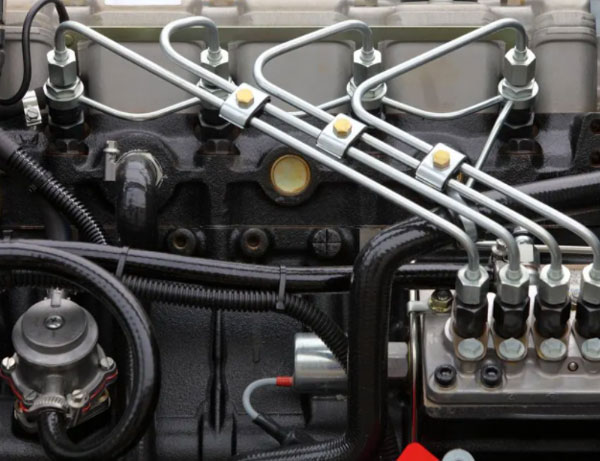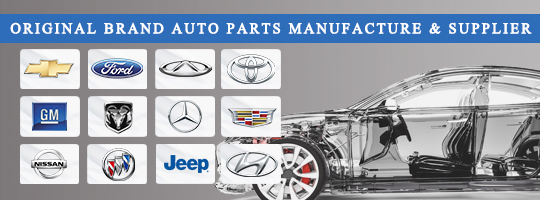The carburetor relies on a vacuum created by the engine to draw air and fuel into the cylinder.Because of its simplicity, the system has been used for a long time.The throttle can be opened and closed to allow more or less air into the engine.Air flows through narrow openings called venturis.The vacuum is the result of the airflow needed to keep the engine running.
To understand how the venturi works, imagine a river flowing normally.The river moves at a steady speed and its depth is very uniform across its length.If the river has a narrow section, the flow must be sped up so that the same amount of water flows to the same depth.Once the river returns to its original width after the bottleneck, the water will still try to maintain the same speed.This allows higher velocity water at the far end of the bottleneck to pull the water toward the bottleneck, creating a vacuum.
Because of the venturi tube, there is enough vacuum inside the carburetor to allow the air passing through it to draw gas steadily out of the injector.The jet, located inside the Venturi tube, is an opening through which fuel from the float chamber can be mixed with air before entering the cylinder.The float chamber acts like a storage tank for a small amount of fuel and allows it to flow easily to the nozzle as needed.As the throttle opens, more air is drawn into the engine, which brings in more fuel, which makes the engine produce more power.
The main problem with this design is that the throttle must be opened to allow the engine to get fuel.The throttle closes at idle, so idle injection allows a small amount of fuel to enter the cylinder to prevent the engine from stalling.Other minor problems include excess fuel vapor escaping from the float chamber.


In the fuel system
Carburetors have come in many shapes and sizes over the years.Small motors may use only a single carburetor with a single injector to inject fuel into the engine, while large motors may use up to a dozen injectors to keep moving.The tube containing the venturi and jet is referred to as the barrel, although the term is usually used only when referring to a multi-barrel carburetor.
In the past, multi-barrel carburetors were a big selling point for cars, with four or six barrel configurations to choose from.More barrels means more air and fuel can go into the cylinders.Some engines even use multiple carburetors.
Sports cars were often factorymade, with only one carburetor per cylinder, much to the disappointment of their mechanics.These have to be adjusted separately, and temperament-usually Italian-power plants are particularly sensitive to any flaws in the adjustment.They also have a tendency to need constant adjustment.This is an important reason why fuel injection was first popularized in sports cars.
